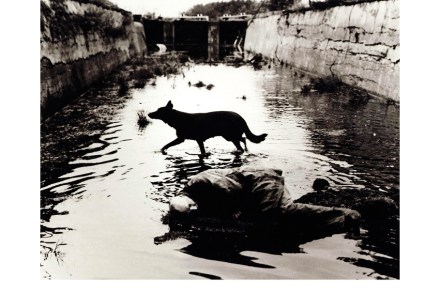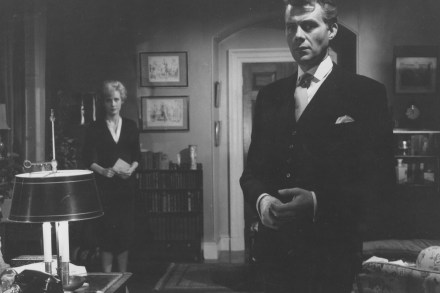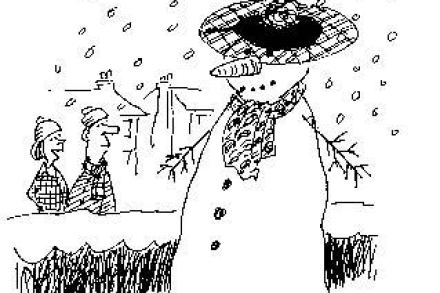The end of the affair?
Of those caught up in the 1963 Profumo affair, the only winner seems to have been that blithe spirit Mandy Rice-Davies. Everyone else lost. Profumo’s family bore the brunt, of course, especially his son David, archetype of the boy sent crying home from school, who wrote a brilliant book about it, Bringing the House Down (2006). Harold Macmillan and the Conservative party were driven from office. Yevgeny Ivanov was recalled to Russia. Stephen Ward was hounded to death. And poor Christine Keeler… In that mesmerising scene in the film Scandal (1989), where Mandy (played by Bridget Fonda) and Christine (Joanne Whalley-Kilmer, as she then was) are getting dressed, to the

















